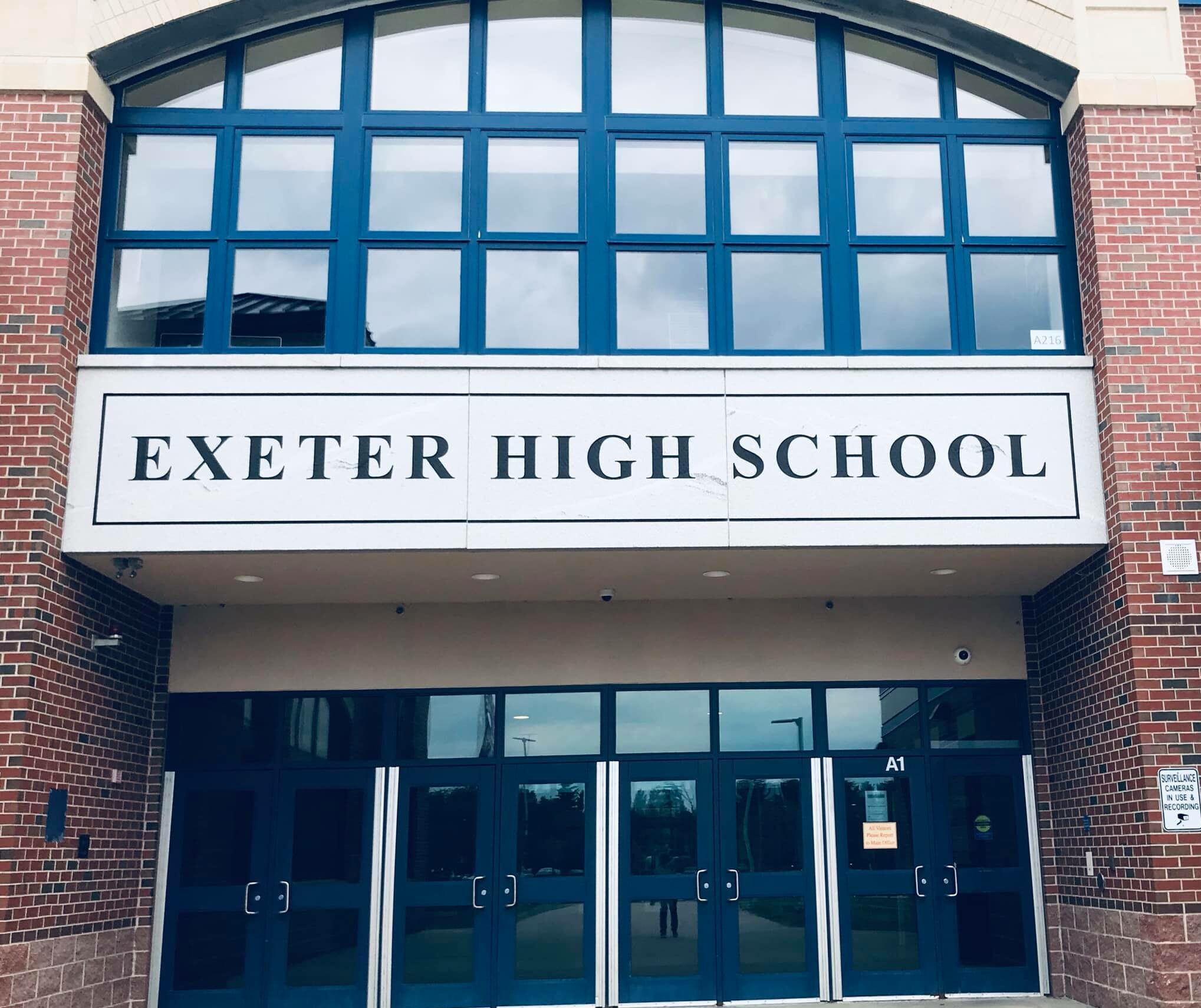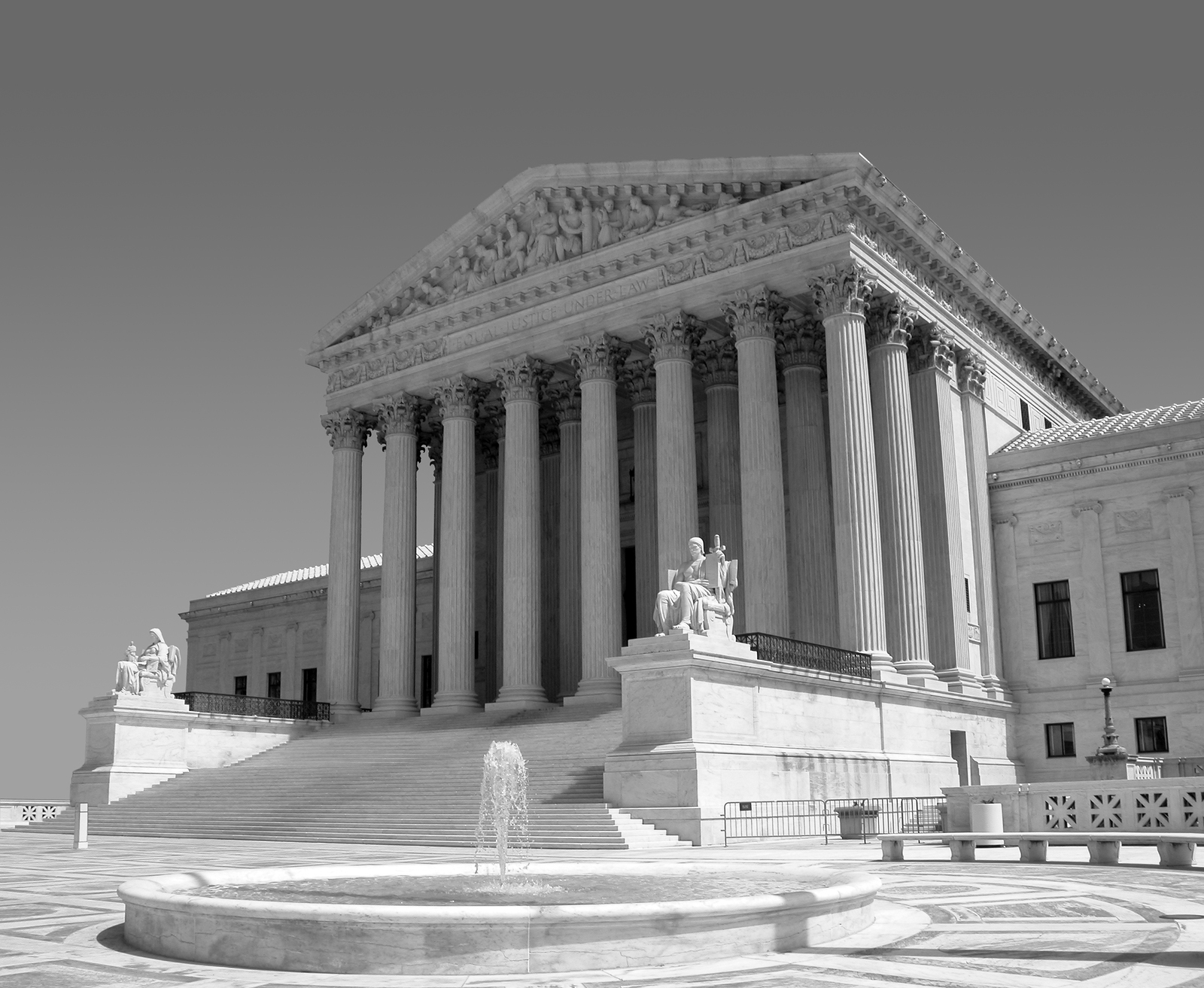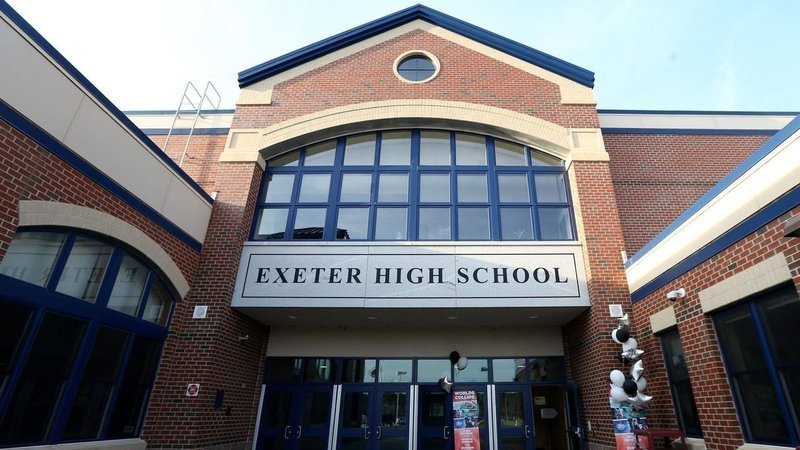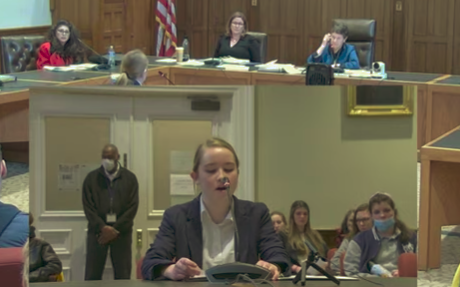Disavowed FBI Memo Targeting Traditional Catholics Names NH-Based Group

Does attending Latin Mass make you more likely to support white supremacist violence?
That was the premise of a leaked FBI memo naming “Radical-Traditionalist Catholics” (RTCs) as a potential threat and outlining opportunities for agents to recruit assets within the Catholic Church.
The memo, which was disavowed by the FBI just days after it was leaked, singled out a New Hampshire-based community as a specific concern.
“The writer makes an unsubstantiated leap that a preference for the Catholic Mass in Latin instead of the vernacular and a number of more traditional views on other world religions can amount to an ‘adherence to anti-Semitic, anti-immigrant, anti-LGBTQ and white supremacist ideology,’” wrote former FBI agent Kyle Seraphin, who leaked the memo.
“Products like this can be used to support the opening of information-only cases, and there is no reason to expect Radical-Traditionalist Catholics are the end point of this train track – they will be the beginning. Opening the door to associating white supremacists with traditional religious practices based on common Christian positions on abortion and the LGBTQ political agendas is a dangerous step,” Seraphin added.
The memo lists several groups accused of harboring extreme views, including the Slaves of the Immaculate Heart of Mary based in Richmond, N.H. They are a splinter group from the original Slaves organization founded by the Rev. Leonard Feeney in the 1950s. Feeney held antisemitic beliefs and was for a time excommunicated from the Roman Catholic Church.
The leader of the Slaves, Louis Villarubia, who goes by Brother Andre Marie, has been accused of making antisemitic comments in the past. And the order’s strict adherence to the Catholic teaching of “no salvation outside the Church” is a violation of accepted Catholic doctrine. As a result, the group has been barred from calling themselves Catholic by Manchester Diocese Bishop Peter Libasci.
But Villarubia says simply holding unorthodox or unpopular beliefs is no reason to be targeted by the federal government.
“As a citizen of one of these United States—the great state of New Hampshire—I am appalled and outraged that some in America’s most powerful federal agency now propose to surveil peaceful, law-abiding Americans because of their traditional religious beliefs, the same beliefs which for Catholics, until a few generations ago, were held always and everywhere, by everyone,” Villarubbia said in a statement.
William Donohue, president of the Catholic League, said even if there are people with extreme views in the traditionalist community, they do not give up their First Amendment rights by virtue of being outliers.
“Some of these people may be kooky, but they are not exactly Antifa, about which the FBI has done little. So why the probe?” Donohue said.
Seraphin and Donohue see the memo as part of a larger anti-religion, anti-Catholic, anti-pro-life bias inside the federal government. Critics point to the recent case of Catholic father and pro-life activist Mark Houck who was charged with federal felonies for a scuffle outside a Philadelphia abortion clinic. Even though local prosecutors refused to charge Houck, the Biden Department of Justice sent an armed SWAT team to his home to arrest him and charge him with federal crimes. Houck, who had no criminal history, faced up to 11 years in prison.
It took the jury less than an hour to acquit him of all charges.
And if the civil rights of Catholics are under fire in New Hampshire, they can’t count on help from the state’s ACLU. Gilles Bissonnette, legal director at the NH ACLU, did not respond to a request for comment. The organization has been silent on the FBI’s proposal to infiltrate a religious Christian community.
It is the same NH ACLU that was part of the lawsuit against President Donald Trump’s executive order imposing a 90-day ban on travel to the U.S. from seven predominantly Muslim countries.
A group of Republican attorneys general is pushing back, signing on to a letter written by Virginia Attorney General Jason Miyares to FBI Director Christopher Wray and U.S. Attorney General Merrick Garland calling out anti-Catholic bigotry.
“Anti-Catholic bigotry appears to be festering in the FBI, and the Bureau is treating Catholics as potential terrorists because of their beliefs,” Miyares wrote.







